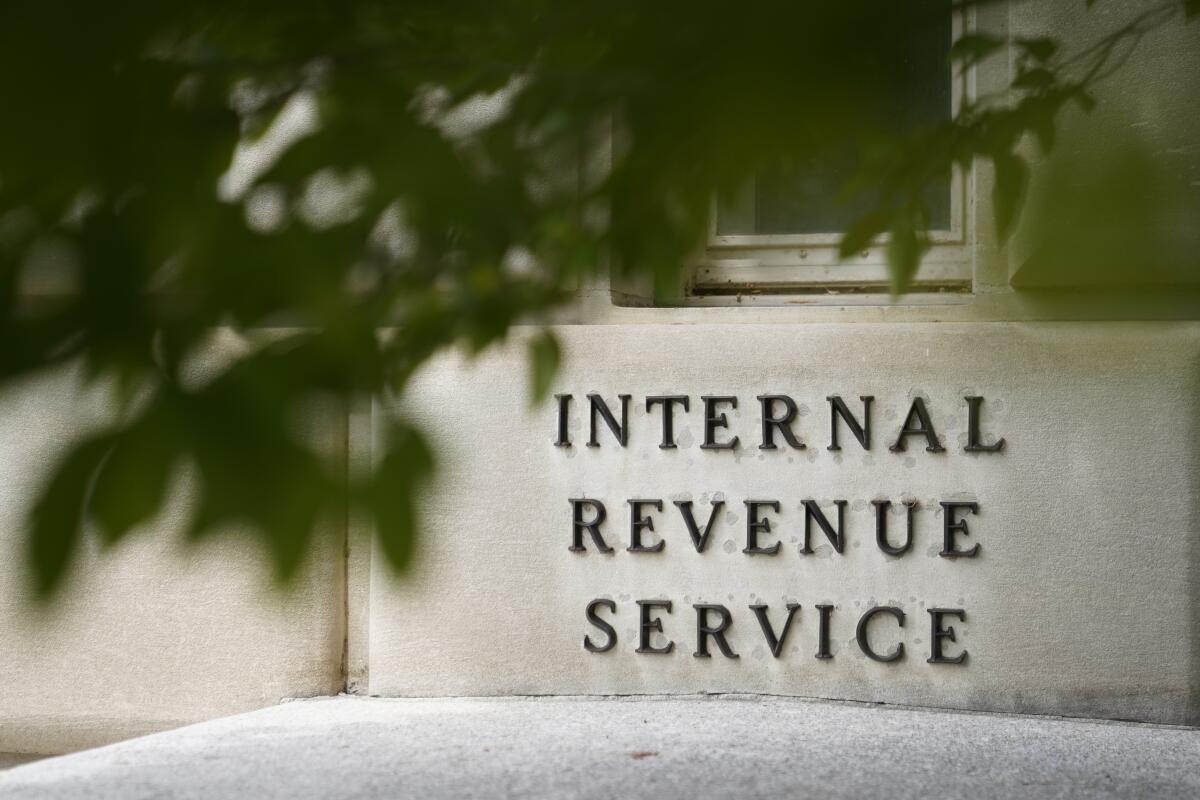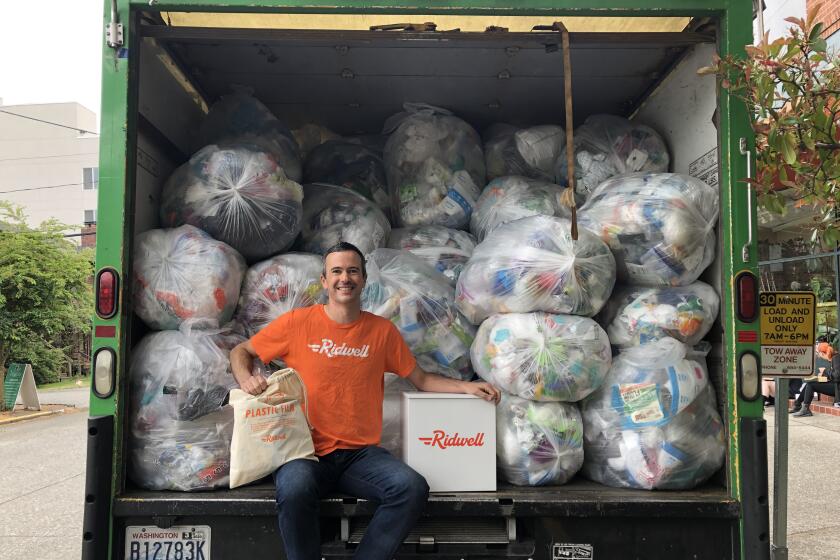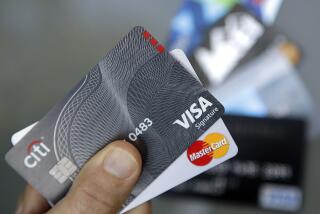With tax day coming, here’s what to know about the difference between an enrolled agent and a CPA

- Share via
Dear Liz: What is the difference between using an enrolled agent and a certified public accountant to file income taxes? I have used a CPA in the past to file my federal and state income taxes but I need to find a new person for this job. My financial situation is fairly simple: single, no dependents and no real estate. Is an EA qualified to file income taxes? Do they look for possible tax credits? What happens if there is an audit?
Answer: Enrolled agents specialize in taxes. They can prepare returns, provide tax advice and represent you in an audit. (In fact, many enrolled agents used to work for the IRS, giving them intimate knowledge of the agency’s policies and practices.)
CPAs have broader education requirements and don’t necessarily specialize in taxes. They may be auditors, financial planners or business consultants, for example.
If you have complex financial or tax needs, a CPA could be a good fit. Otherwise, an EA could fill the bill and may be more economical. You can get referrals from the National Assn. of Enrolled Agents.
If you report check fraud to your bank promptly — typically within 30 to 60 days of your statement date, depending on state law — then you should be made whole.
How to pay taxes electronically
Dear Liz: You recently wrote about check theft and the fraud possibilities when paying with checks through the mail. The largest checks that I send are to the IRS and California’s Franchise Tax Board. Is there a way to send in tax payments electronically rather than by check?
Answer: Absolutely, and tax authorities typically encourage you to use these electronic payment methods.
The IRS has a number of options. Its Direct Pay service allows you to schedule payments from your bank account at no cost. You also can pay using a credit card, debit card or digital wallet service such as PayPal, although these methods incur a processing fee. California’s FTB also has electronic options. (Electronic payment options for other states can be found by searching for the state tax agency’s name and the word “payment.”)
Sure, the city will pick up trash and basic recyclables. But the rest of your junk? For a fee, Ridwell promises to dispose of it — and your consumer guilt.
More reasons to ditch paper checks
Dear Liz: Personal checks are not stolen while in transit; they’re stolen from mailboxes which are, for the most part, unprotected and not covered by security cameras. So, if you want your check to go through the mail, walk it into the post office. More than once I’ve found that previous mailers had just slipped their letters into the chute of the drive-up mailbox and driven off. In their ignorance or naivete they left their letters for the thieves, but I shoved their letters downward into the chute. One of my neighbors whined that someone altered a check that she had made out to “AT&T.” She left a lot of room on the payee line and that’s something one never wants to do.
Answer: Checks are not just stolen from unprotected mailboxes. Thieves have attacked mail carriers for keys to secure mailboxes. Checks also can be stolen in transit and from the recipients’ mailrooms. Even people who have mailed their payments at a post office have reported being the victims of check theft.
There are some ways to reduce your risk, but that doesn’t change the fact that writing checks is a risky habit.
Take a moment to look at your checks. Each one is printed with your name, account number and bank routing number. That’s all the information a thief needs to create new checks and make fraudulent payments.
Also, check washers can remove all the writing from your checks except for the signature, so just filling out the payee line won’t prevent fraud. (If you must write a check, consider using a gel pen, because the gel is generally harder to remove with solvents than ballpoint ink.)
Electronic payments, by contrast, offer a secure way to pay that’s faster and easier to track than a check through the mail. Electronic payment options are nearly ubiquitous now, so it’s a good time to break the bad habit of writing checks.
Liz Weston, Certified Financial Planner, is a personal finance columnist for NerdWallet. Questions may be sent to her at 3940 Laurel Canyon, No. 238, Studio City, CA 91604, or by using the “Contact” form at asklizweston.com.
More to Read
Inside the business of entertainment
The Wide Shot brings you news, analysis and insights on everything from streaming wars to production — and what it all means for the future.
You may occasionally receive promotional content from the Los Angeles Times.












